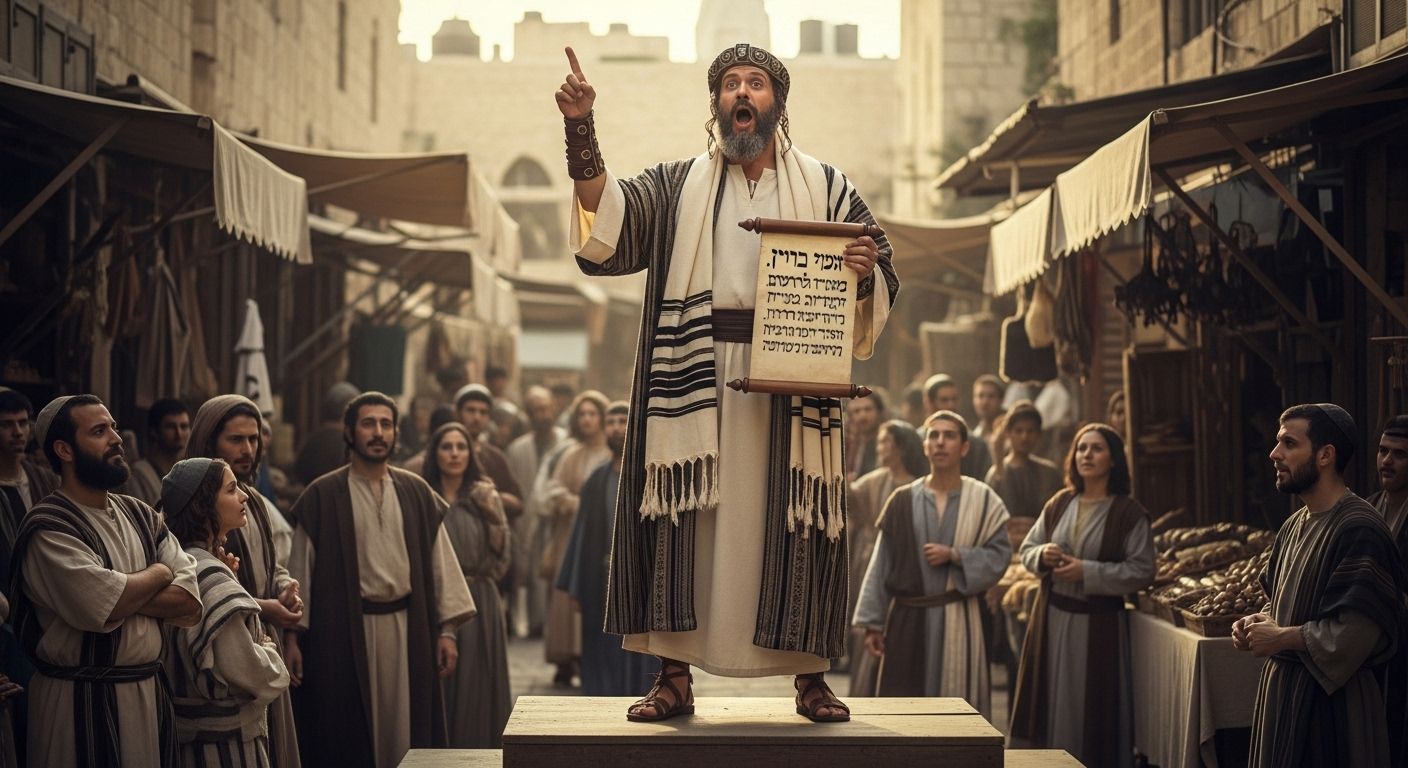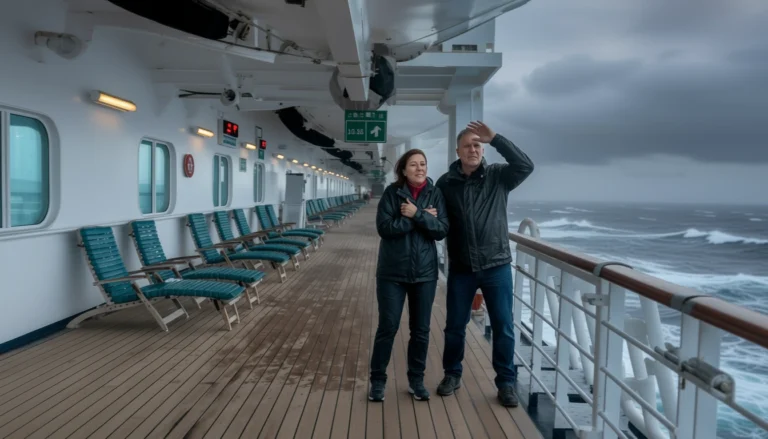A Worthless Religion
When I was in my twenties, I worked at a metal supply company. The people I worked with were friendly, but like most folks, they lived according to what was right in their own eyes. I tried not to be “holier than thou”—just wanted to walk with God without making a show of it.
One day, a new woman was hired. She was at least twenty years older and had a Yankee manner. As I showed her around, we took a break for coffee. Out of the blue, she told me, “I want you to know, I AM religious. I may not sound like it and I may not act like it but honey, I am religious.”
She must have heard about me—“the religious guy.” That caught me off guard. That moment stuck with me—a reminder that people can pin a label on faith without knowing what’s behind it. And a quiet life sometimes speaks the loudest, even if its message isn’t always understood.
More than forty years after that conversation, I understand the gospel message a lot better. Honestly, the more I’ve learned, the less I care for the idea of religion—at least as most people use the term.
The truth is, the world doesn’t have any problem with a kind of religion that simply mirrors its own attitudes—one that downplays sin and lifts up a vague, feel-good definition of love, all while ignoring what the Bible actually teaches and minimizing what God calls sin.
That’s the kind of religion Satan really likes—just like he liked the self-righteous Pharisees. They claimed to keep every bit of God’s law, but it was all just for show. Jesus called them whitewashed tombs: shiny and clean on the outside, but completely corrupt on the inside.
That kind of religion might make people feel good, but it’s powerless to truly change lives.
James, the brother of Jesus, addressed this kind of religion too. He criticized the worthless, showy stuff and contrasted it with the kind of religion God actually accepts—taking care of orphans and widows, helping those in need. That’s the outward sign of someone who’s truly been changed on the inside by God’s grace. Those two versions of “religion” could not be more different.
“When you give to someone in need, don’t do as the hypocrites do—blowing trumpets in the synagogues and streets to call attention to their acts of charity! I tell you the truth, they have received all the reward they will ever get.” Matthew 6:2
. . . and that’s what I know today.






